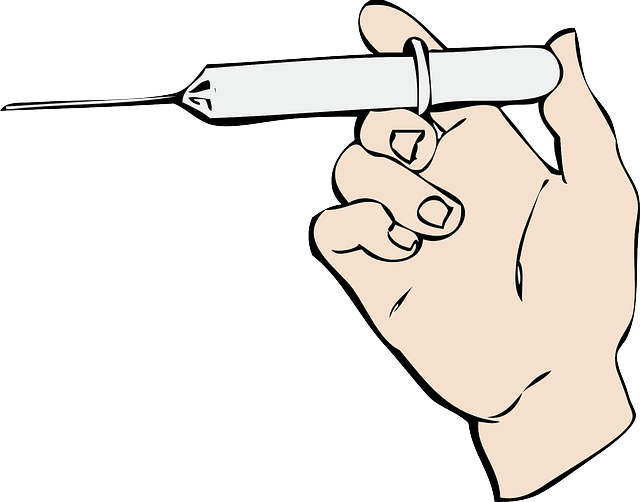I’ve worked within the walls of numerous types of settings that have access to life-saving and life-threatening medications. Whether it be at a clinic, long term care facility, assisted living facility, or hospital, it can be easy for staff to have a cavalier attitude about the access to medications.
I read this VA article and was shocked that someone would do this. In this article, someone had given fatal insulin injections to a non-diabetic patient at a VA medical center. According to the reports, it had happened to more than one patient. There are two important education points for healthcare professionals I want to make regarding this situation.
Access to Medications
In the report, it was mentioned that the individual who did this had inappropriate access to medications. Access codes to medications can often be thrown around like phone numbers. It is very important to keep access codes and keys limited to appropriate staff.
Reporting Unusual Events
Most organizations have systems in place to track and monitor trends. Adverse drug reactions and medication errors are two common examples of reportable events. We need to report these events as well as appropriately monitor these events for any unusual trends.
I can’t speak to the specifics of the case, but I can recall numerous times where unusual events took place with regards to staff and medication access. In my experience, the situations usually involved drug diversion. When events are viewed in isolation, it can be difficult to identify a problem and write it off as a fluke situation. However, when taken in the context of other similar events reported by numerous staff, this can help easily identify a bigger overall problem. Here are some examples of drug diversion that you might find interesting.
- 30 medication mistakes PDF
- 18+ Page Drug Interaction PDF
- 10 Commandments of Polypharmacy Webinar based on my experiences in clinical practice



0 Comments